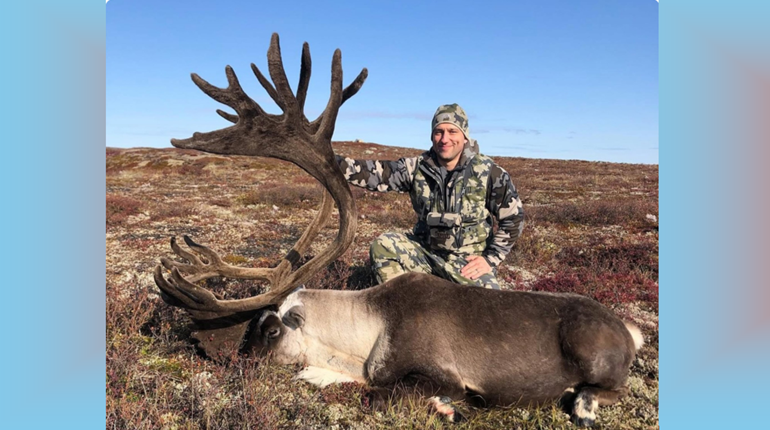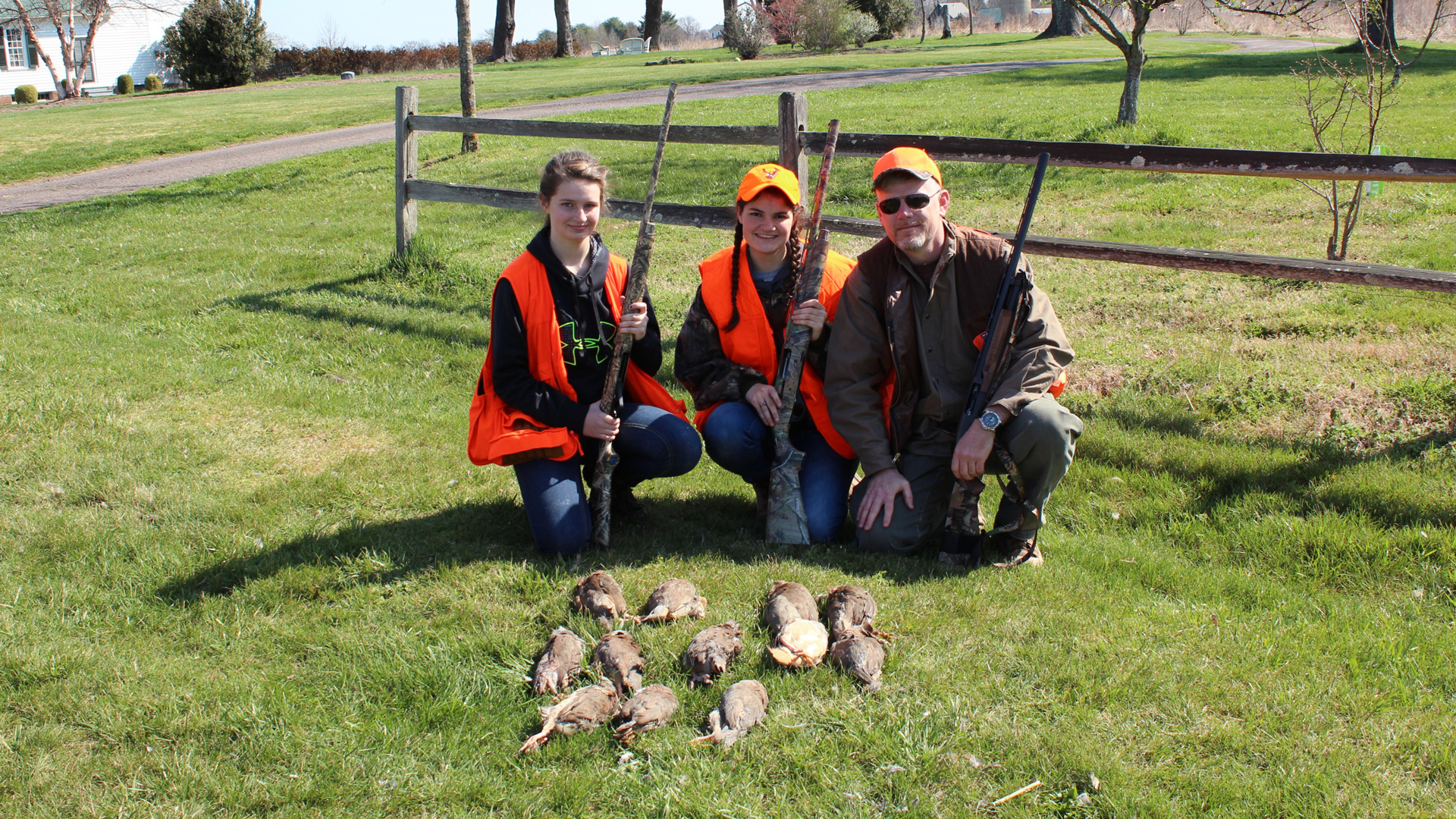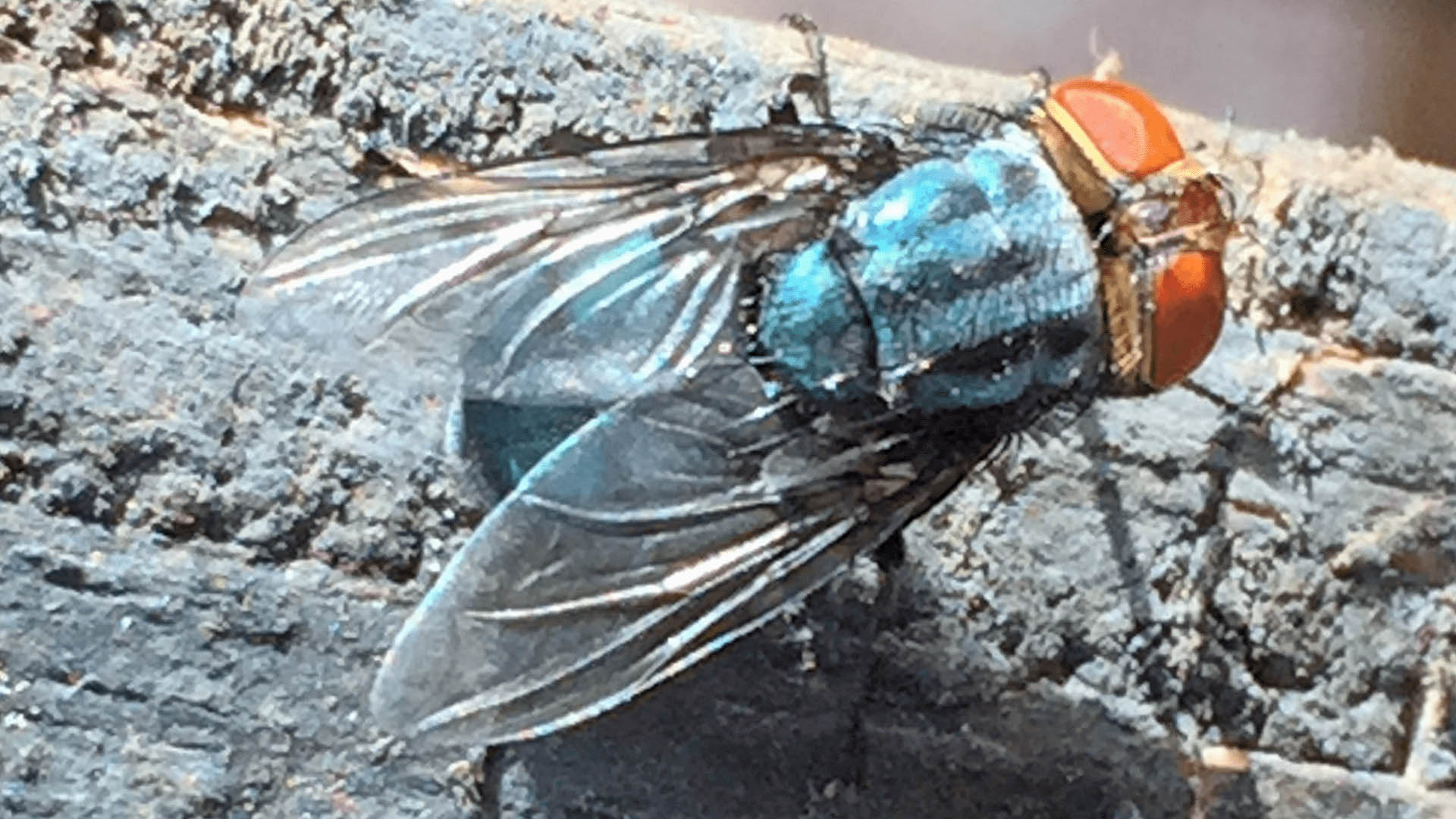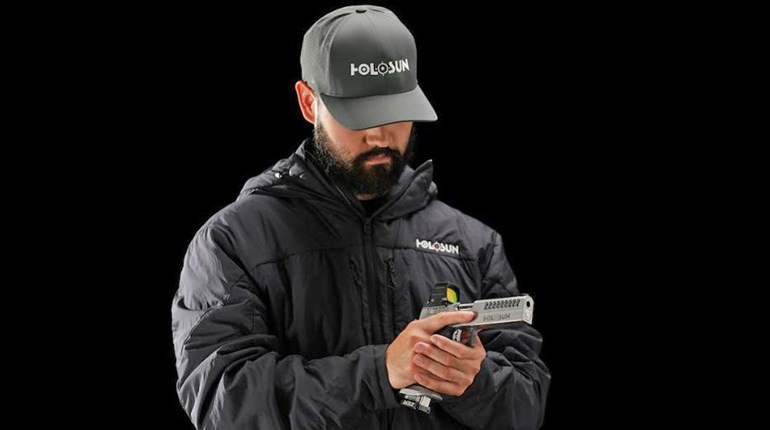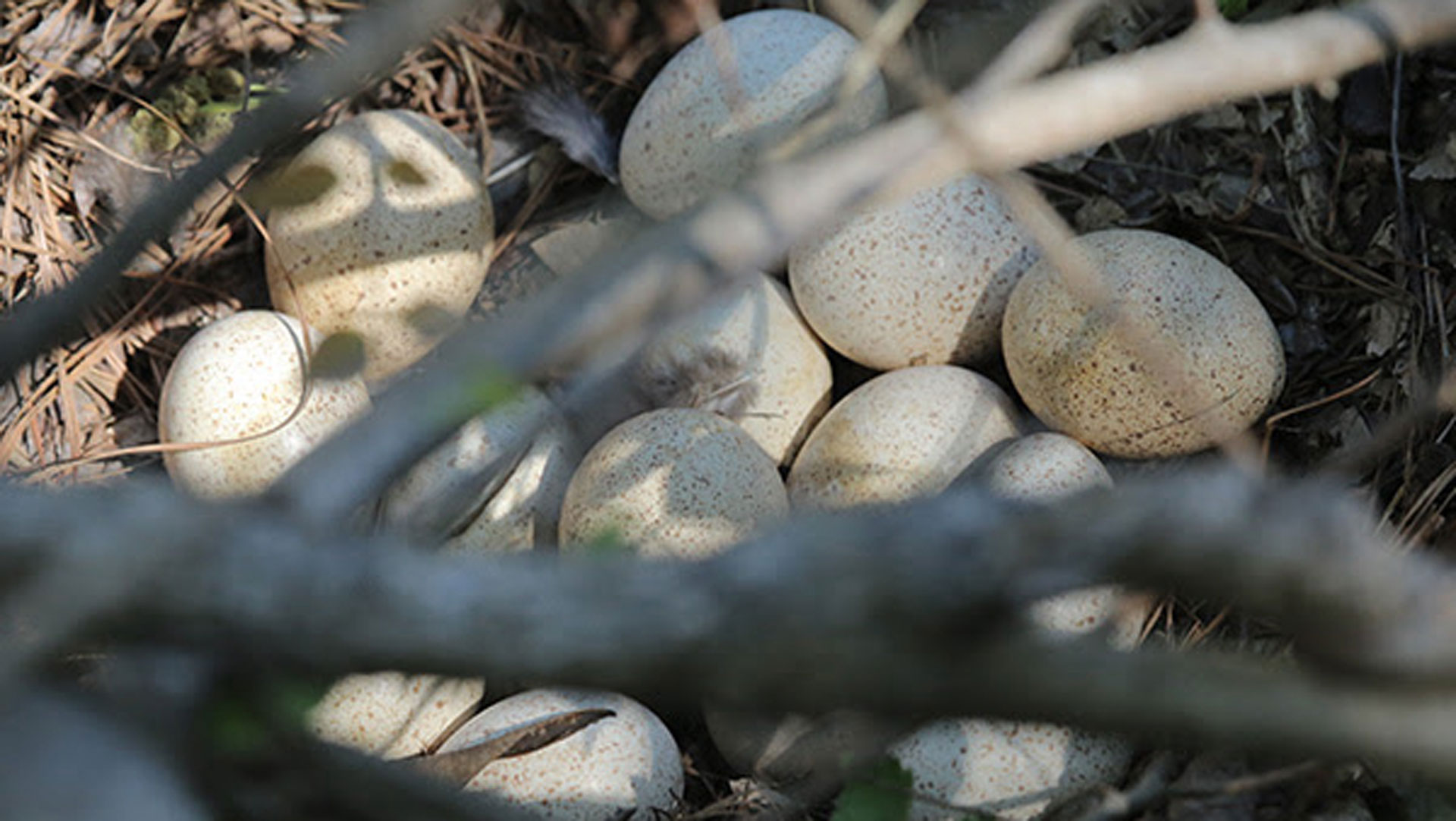
As part of its 2023 investment in wild turkey research, the National Wild Turkey Federation (NWTF) is helping fund a unique project out of the University of Tennessee examining potential factors that may be causing wild turkey eggs to fail to hatch.
“We were stunned to find out how many of these eggs were fertilized, but for various reasons including hens being killed or bumped off the nest, they failed to hatch.”
These are the words of an excited-yet-perplexed Richard Gerhold, Ph.D., associate professor focusing on parasitology and wildlife diseases at the University of Tennessee’s Department of Biomedical and Diagnostic Sciences. Gerhold is the principal investigator of the NWTF co-funded project.
For the last eight years, Gerhold and his colleagues at UT have been assisting the Tennessee Wildlife Resource Agency with understanding why wild turkeys are declining in parts of the state. The UT researchers were specifically examining the effect diseases and parasites may have on the birds on a population level. Gerhold says there’s no smoking gun, but if anything, diseases may exacerbate other unknown factors causing the decline.
And while better understanding the effect diseases have on wild turkeys, especially on a population level, is ongoing and critical, a new aspect of studying wild turkeys is hatching out of UT.
“One of our master students was finding unhatched eggs, and while we were examining them, you would see a yolk and a fertilization disc, and the assumption was that this egg just wasn’t fertilized,” Gerhold said. “However, Laura Horton, who is a Ph.D. student in the Gerhold lab, came across this paper recently published out of the London Zoo. And what they found—that I just found so interesting—was that somewhere in the 70-percent range of eggs that were initially considered unfertilized were actually fertilized, and for some reason, there was early embryonic death. And I was like, ‘OK, we definitely need to do this work with wild turkey eggs.’”
Examining wild turkey eggs in this way is entirely new in wild turkey management, and the results could be illuminating. Unhatched eggs will be analyzed for what may be causing early embryonic death. For instance, they will be tested for aflatoxins and neonicotinoids as well as other potent infectious and noninfectious diseases. The data will also be analyzed and compared as a function of state-specific data, such as spring season start dates, bag limits, season length and other factors, to see if there is any influence of causing a failed hatch.
The project will occur between the 2024-26 wild turkey nesting seasons. And while the work is happening in Tennessee, the research findings may have applications beyond state lines. In fact, many state wildlife agencies are participating in Gerhold’s project.
“Various state wildlife agencies will gather unhatched eggs either by nest searching, word of mouth by the public or finding nests of radio-tagged hens as part of other ongoing wild turkey research,” Gerhold said. “We estimate at least 800 eggs will be analyzed per year.”
Once eggs are collected, the research team will record various data, including if the eggs are from a nest where other eggs have hatched, have been predated or have been abandoned by the hen. After the eggs are brought to the lab, the fertilization disc within the egg will be stained and examined under a UV microscope. The team will be able to see clearly whether the egg has been fertilized or not.
“If a hen was predated, then we know why the eggs didn’t hatch,” Gerhold said. “However, what about the eggs where the hen did everything right and only a few, or even none, hatched? This is a mystery worth solving.”
This project is one of 10 new research projects across nine states the NWTF is funding, with $582,374 invested among these vital projects. These projects are part of a nearly $9 million investment into wild turkey research in 2023, supported by the NWTF, its state chapters and its partners.














